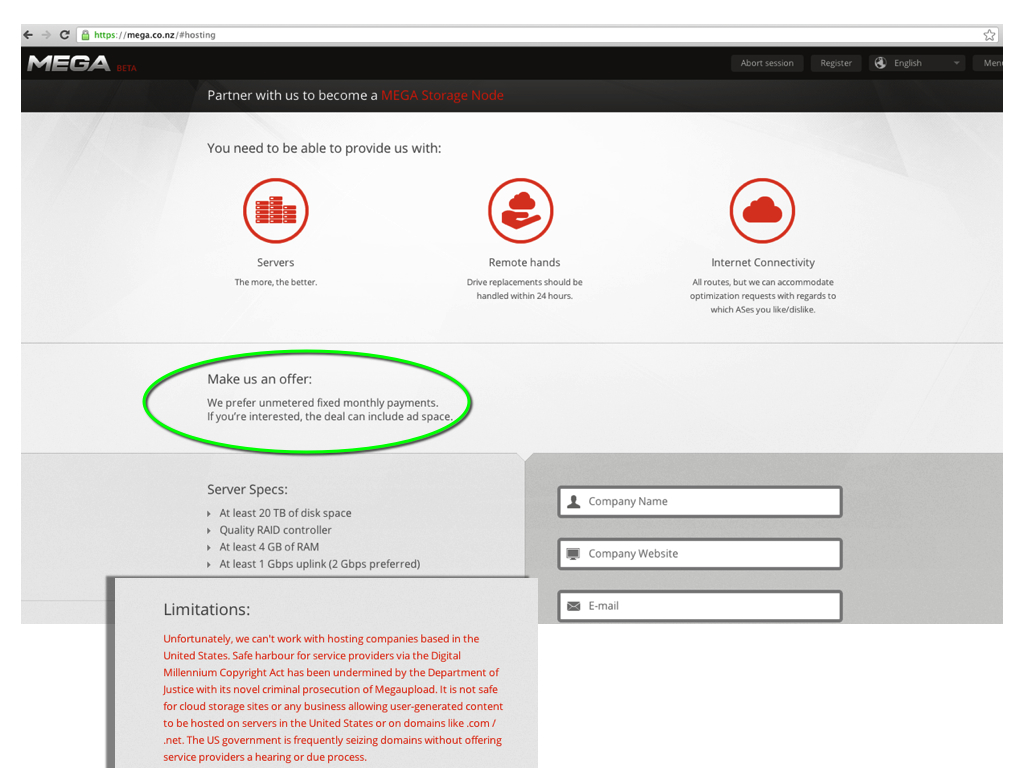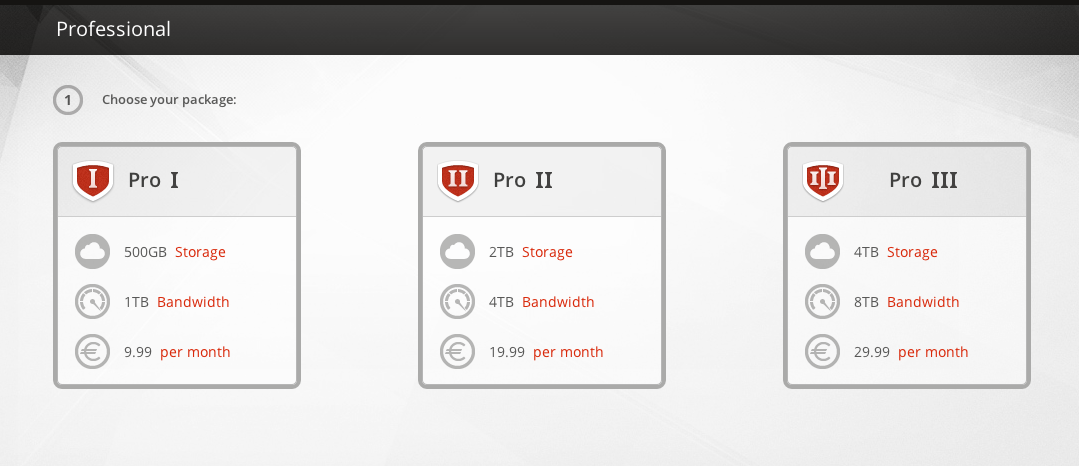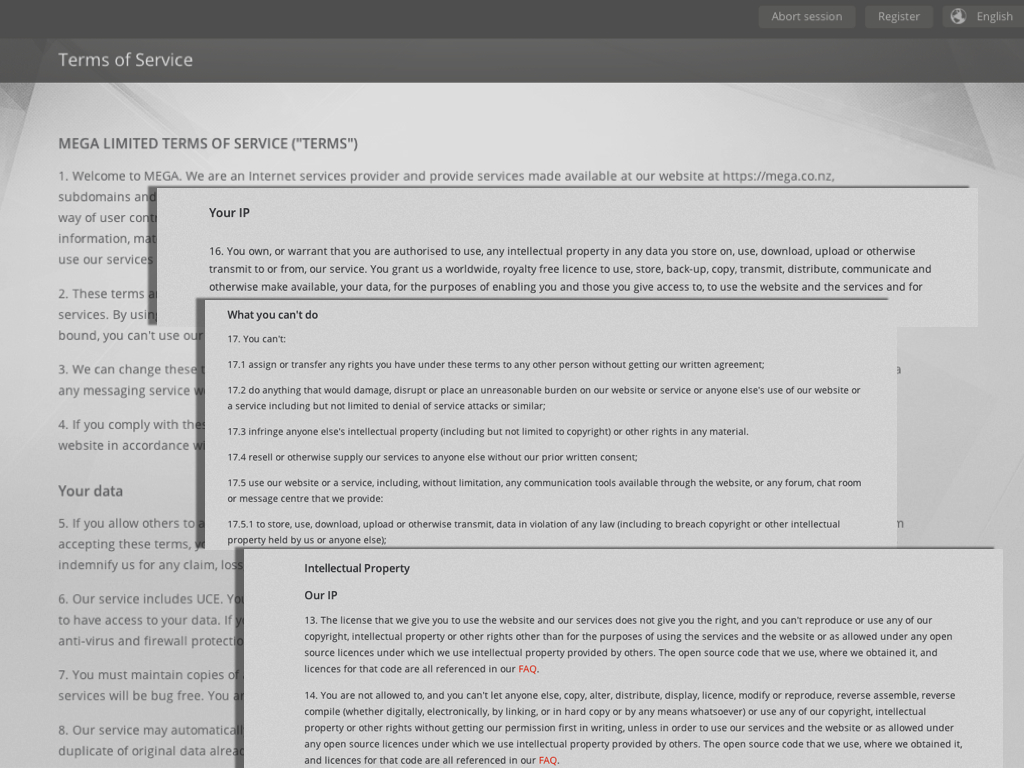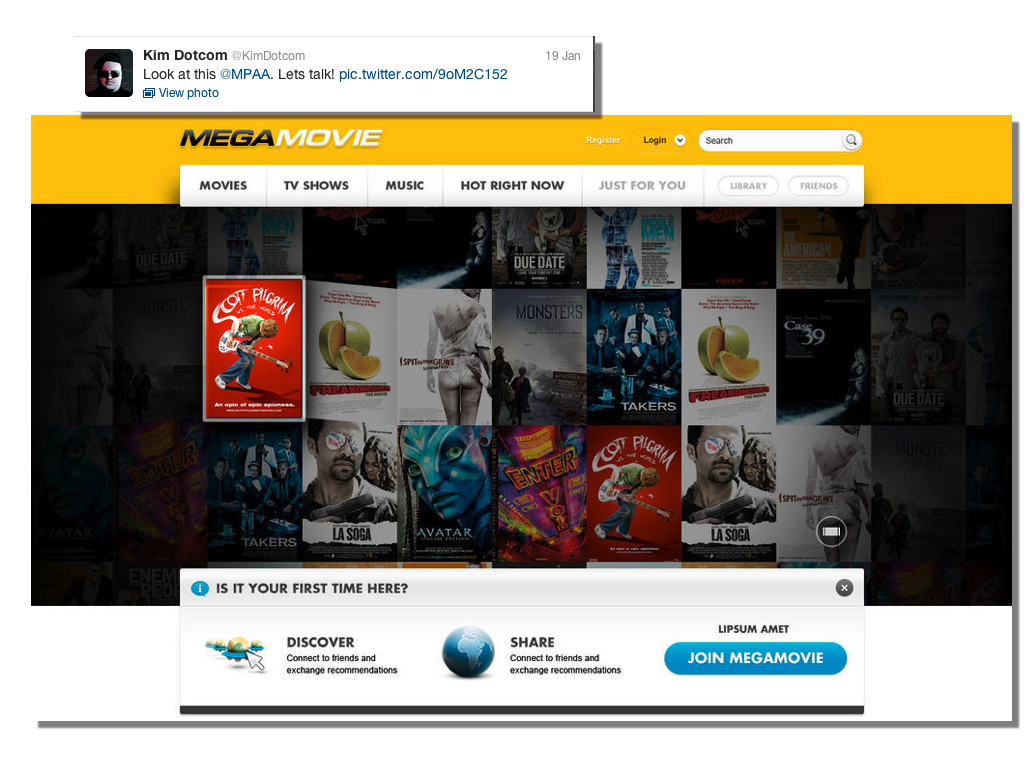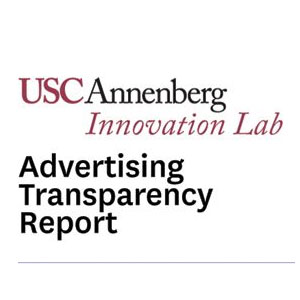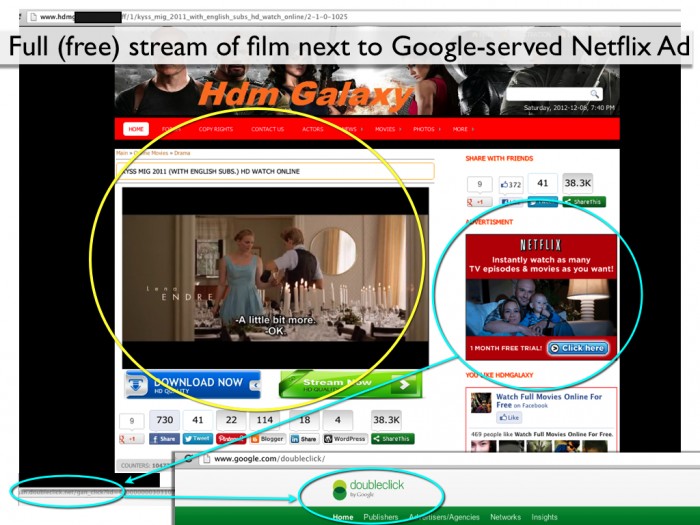 Leading the piracy parade is ‘better than an Emmy’? Please, speak for yourself Mr. Bewkes…
Leading the piracy parade is ‘better than an Emmy’? Please, speak for yourself Mr. Bewkes…
According a story yesterday in AdWeek, another well-paid executive linked to the HBO hit “Game of Thrones” is once again singing the praises of online piracy. Last time it was HBO’s programming president Michael Lombardo, now Time Warner CEO Jeff Bewkes has joined the chorus.
…in response to a question about whether the network kinda-sorta regards the extensive theft of HBO’s flagship show, Game of Thrones, as a compliment, Bewkes said, “I have to admit it, I think you’re right.” The much-discussed fantasy series is HBO’s most popular, and “if you go to people who are watching it without subs, it’s a tremendous word-of-mouth thing,” the exec told investors. “We’ve been dealing with this for 20, 30 years—people sharing subs, running wires down the backs of apartment buildings. Our experience is that it leads to more paying subs. I think you’re right that Game of Thrones is the most pirated show in the world,” he said. “That’s better than an Emmy.”
Yeah sure, easy to say if you’re CEO of Time Warner and have a huge hit like HBO’s “Game of Thrones” on your hands. But really, given that you work in the media industry Mr. Bewkes, didn’t you have a clue as to the impact your glib “soundbite” would have on an already hyperbolic debate over online piracy and copyright reform?
Fine Time Warner/HBO, feel free give your show away and boast that the record (pirate) downloading of Game of Thrones episodes is a hunky-dory thing for your bottom line. In your case, it may well be….more power to you.
The problem is that when Jeff Bewkes muses to a reporter that, for a hit show like Game of Thrones, piracy is “better than an Emmy” it can lead the general public to assume the same reality applies to all content creators. Certainly piracy apologists are likely to make hay–and headlines–out of it.
Perhaps creators whose works have been massively pirated can take some solace from Bewkes’ success, but the fact is his experience (and that of HBO programming) is not one matched by their own. The Time Warner CEO likely doesn’t have much difficulty paying bills (or financing his next production) like so many do. Many filmmakers don’t have the reach (or deep pockets) of HBO and, like it or not, for them online piracy (driven by black market profiteers) is a detriment to success–not a sign of it. Bewkes’ self-serving proclamation does little to advance or clarify the debate over how best to mitigate the corrosive impact that online piracy (for profit) has on artists.
Next time CEO Bewkes should choose his words more carefully and explain that for HBO, the popularity of Game of Thrones is a measure of success that helps generate buzz that’s good for business–but that it’s important to differentiate between their distribution landscape and the one faced by so many others.
If he feels his words were misconstrued (webcast available here) he should clarify his remarks sooner rather than later for the sake of those whose livelihoods do suffer because of unchecked online theft.





